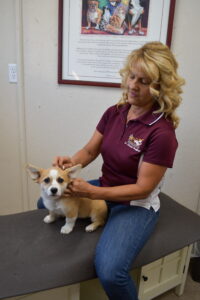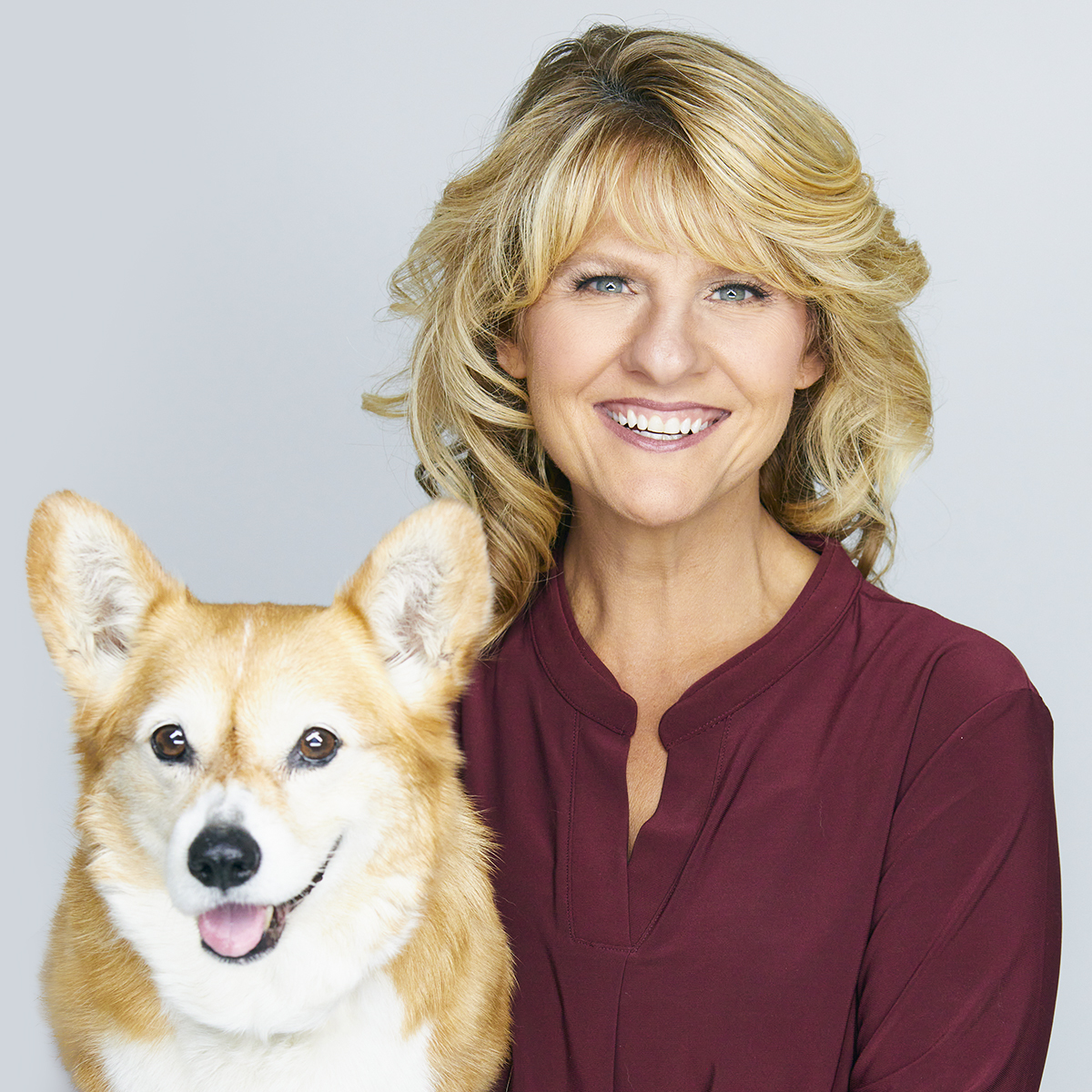 An interesting experiment to try on yourself is stand with your arms straight out at your side and pick up one leg off the ground. Next, slide one piece of paper between your teeth (just 1 paper thick) and repeat standing with your arms straight out at your side and pick up one leg off the ground. Do things change? How do you think your horse feels when we slide a bit into their mouth? A bit can really change the motion and balance of the animal. This change can be for the worse if the bit is knocking on wolf teeth, long premolars and sharp enamel points. To avoid this problem, routine dental care should be performed on all performance horses.
An interesting experiment to try on yourself is stand with your arms straight out at your side and pick up one leg off the ground. Next, slide one piece of paper between your teeth (just 1 paper thick) and repeat standing with your arms straight out at your side and pick up one leg off the ground. Do things change? How do you think your horse feels when we slide a bit into their mouth? A bit can really change the motion and balance of the animal. This change can be for the worse if the bit is knocking on wolf teeth, long premolars and sharp enamel points. To avoid this problem, routine dental care should be performed on all performance horses.
Dental care is very important part of the horse’s health care. A foal should get its mouth examined in the first week of life for proper jaw alignment and incisor placement. Horse’s teeth continually grow throughout their lifetime. Also, a horse’s upper jaw is wider than their lower jaw. Therefore the outside edges of the top teeth and the inside edges of the lower teeth do not get worn down and they develop sharp points. The sharp enamel points can make it difficult for horses to properly chew their food. This can lead to large particles in the digestive tract and cause the horse to be at risk for impaction colic. Also, the sharp enamel points can cause sores in the horse’s mouth and allow bacteria and toxins to enter the horse’s bloodstream. The sores also can cause behavior problems in horses especially when a bit is placed in the horse’s mouth.
For a complete examination the horse should be sedated and a full mouth speculum applied to hold open the horse’s mouth. A good light source is needed to visually examine the teeth and oral cavity. All the teeth should be palpated to check for loose teeth and sharp edges, especially the back teeth on both the upper and lower jaw.
Floating is the most common dental procedure veterinarians perform on horses. Floating is the process of rasping or filing down a horses teeth to remove the sharp enamel points and create an even chewing plane. Floating also keeps incisors and cheek teeth at a desirable length. For most riding horses, a bit seat is added to the first cheek tooth on each side of the upper jaw. This procedure involves filing down the front edge of the tooth to the gum line so that the bit fits nicely on the bars of the mouth and does not irritate the horse.
The bit may also be irritated by wolf teeth in a horse’s mouth. Wolf teeth are small teeth that generally erupt in front of the first cheek teeth in the upper jaw. Most often these teeth erupt by 1 year of age. Not all wolf teeth cause problems, however enough of them do. These teeth also do not serve a purpose in chewing. Therefore we recommend that wolf teeth be removed when they are found in a horse’s mouth.
The first dental floating could be done as early as six months of life. Then the teeth should be floated every 6 months until the age of 5 years old. By the time the horse is 5 years old, it should have shed all its baby teeth and have a full set of permanent teeth. Horses from 5 to about 15 years of age usually need to be floated one time a year. Older horses should be checked every 6 months, especially if they are missing teeth or have poor alignment.
A common question that is asked is “How do horses in the wild survive with out dental care?” Wild horses did not live very long! The average life span of these horses was 10- 15 years of age. Wild horses grazed continuously, picking up grit and dirt in the process. This, plus the silicate in the grass helped to wear down their teeth. Stabled horses, do not give their teeth the same workout. The domestication of horses has caused them to wear their teeth improperly. Feedings are usually scheduled, and not continuous. Also the feed is typically processed grains and hay. These processed feeds are softer and require less chewing. Thus, the horse’s teeth can become long or wear unevenly. It is imperative for stabled horses to receive routine dental care. Proper dental care not only will make a positive influence on your horse’s health and performance, it can add 5-15 years to a horse’s life.




